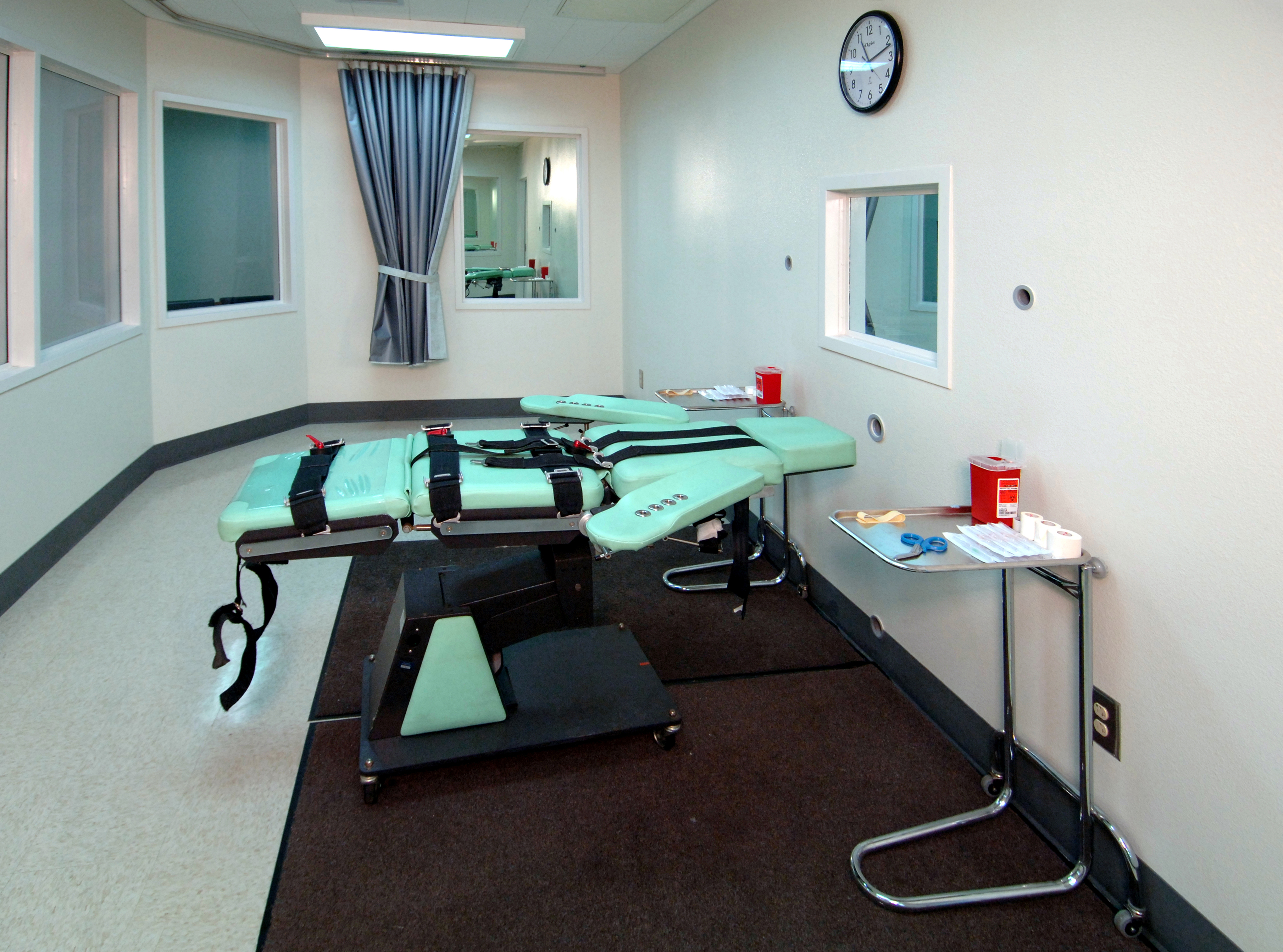
If he were alive. If he had not been struck down by an assassin’s bullet. If he had not embraced the mantle of peace and social justice in a country where murderers abound, and where their targets are frequently people of color, crusaders for social justice, gun control advocates, and proponents of nonviolence.
If he were still alive, he would probably weep at the slow hamstringing of progress towards the goals for which he fought. Yet, if he were still alive, I know we would see him continuing his struggle to make the US a better place–a struggle in which we should all participate.
Monday is his day, and in his honor I am posting another excerpt from the essay Building a Racially Just Society by Roy Eidelson, Mikhail Lyubansky, and yours truly. Let’s keep his beacon burning.
“Psychology plays an important role in the social forces perpetuating individual and institutional racism. Because of the link between race and class, the psychological mechanisms that perpetuate class injustices also tend to perpetuate racial injustices. The widespread preference to see the world as just, for instance, leads people to… blame those who struggle with socioeconomic disadvantages – disproportionately people of color in the U.S. – for their own plight. This perception then dampens the popular will to support a role for elected governments in setting reasonable minimum standards of economic rights, fostering a political culture that greatly harms working families of all races.
Other psychological mechanisms relatively independent of class also reinforce racist attitudes and actions. Negative cultural stereotypes of African Americans are pervasive and entrenched, in part because of a psychological inclination to unconsciously legitimize status quo disparities….
These biases not only serve as the foundation for intentional expressions of prejudice and racial violence but also for unintended yet harmful micro-aggressions, which often cast African Americans as deserving of fear, distrust, and disrespect. Too often, inaccurate and biased news reports and media portrayals further serve to reinforce perceived differences of the racial “other.” At the same time, stresses associated with disproportionate suffering from class injustices, with being treated as “second-class” citizens, and with being targets of discrimination increase the likelihood of negative physical and psychological health outcomes for African American children and adults.”
If you have not read the entire essay yet, indulge yourself soon.


